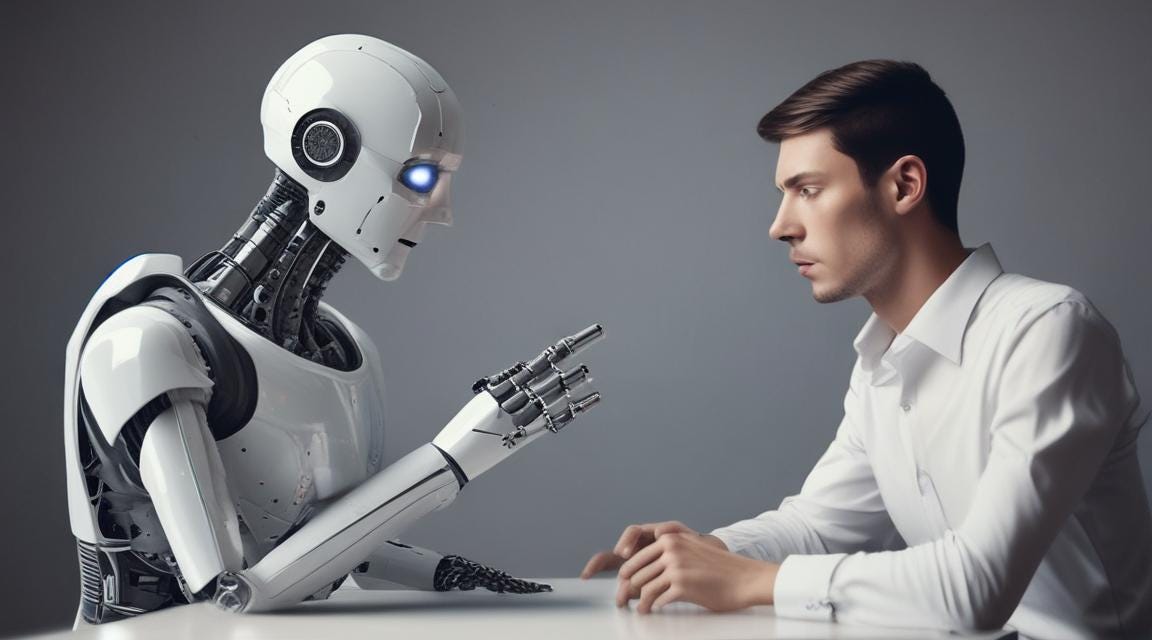This post was inspired after listening to the audiobook “Escape from Model Land” by Erica Thompson. Will put the book details later in the issue. :)
In the book it pointed out something very interesting, as we set about to model the reality. I strongly recommend this book to everyone who is either going to use a mathematical model or to those building mathematical models for business. :)
Human Judgment
Ever come to a time where the circumstances seem to be similar, but you actually made two different decisions? How so? There is a good chance that you found a decision factor that has switched your decision over the line.
Let me share an example. While running the operations of my tech community “DataScience SG”, I often have people wanting to post their events. What happens is I have to make a judgment on which post to accept and which one I don’t. While making these posts, there are certain signals and values I want to hold true so that disguised spam posts are discouraged, while still encouraging sponsors to continue providing donations-in-kind to the community.
You can see from here human judgment has the flexibility to determine what values it wants to hold true and also assign weights to these values in a flexible manner before making a decision.
Machine Judgment
Folks who are familiar with model building, be it reinforcement learning (reward function) or supervised learning (target/labels) will know that the values we want to adhere to have to be stated upfront i.e. before we even start the training of the models, we have to decide what the reward function is that we want to maximize, or the targets that we want to get hold of.
This means that any model takes into account the values that the organization wants to propagate, followed by fixing the weightage, before the model can trained. These values and their corresponding weightage are “hard-coded” into the model before they are deployed.
This is something unavoidable. How so? If you want to scale your decision-making process, certainty is needed otherwise automation can break easily.
Human vs Machine Judgment
So the key difference between human and machine judgment is “flexibility”. In most circumstances where a decision needs to be made, humans can vary their judgment and in turn its decisions accordingly. For machine judgment, there is that lack of flexibility to vary its “judgment” accordingly, as it goes straight towards a decision.
This is important from a business perspective. How so? You have to ask yourself what is important the ability to scale or the ability to “customize”? In the hospitality industry, the need to provide customized experience is much stronger, as compared to the retail industry where scale is needed to serve a lot of customers given its thin profit margins.
What are your thoughts on this? Will love to hear them in the comments or PM me on LinkedIn. :)
If you do not know, I am invited to contribute as a Guest Writer on AI in Asia website. Here is my guest profile and the articles I have written thus far. The content is not found on my website and newsletter if you are wondering. :)
Here is where you can find the book details: link
{Side Note: I do make book recommendations and am keen to work with any bookstore on affiliate programs, so please feel free to drop me a note on my Linkedin. :)}
Please support this newsletter by liking it and forwarding it to friends who might be interested! Thank you! :)





When humans make different calls for the same situation, they call it "flexibility". When models do so, they call it "hallucination". Doesn't seem so fair.
Definitely something here to ponder more deeply on. With Machines, we are always solving for consistency, even if it's to customised for a segment. What defines consistency can be nuanced. From a data perspective, it's to ensure that information signals are propagated in the same way. But from a human perspective, consistency can in fact lead to different decisions because of the need to maintain consistent "principles" and "values".